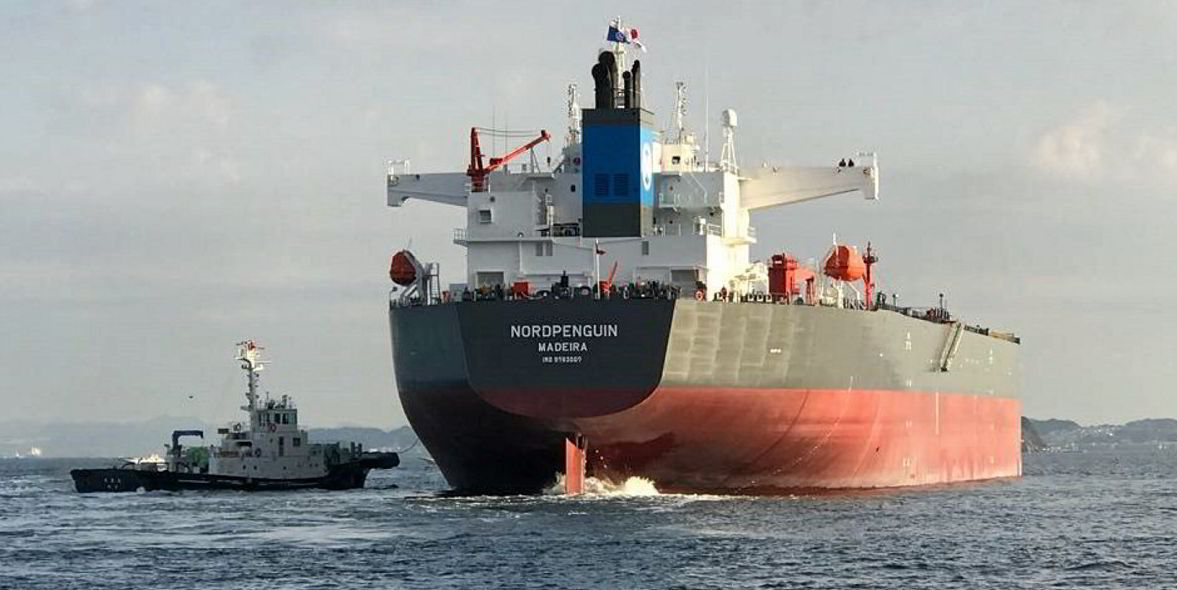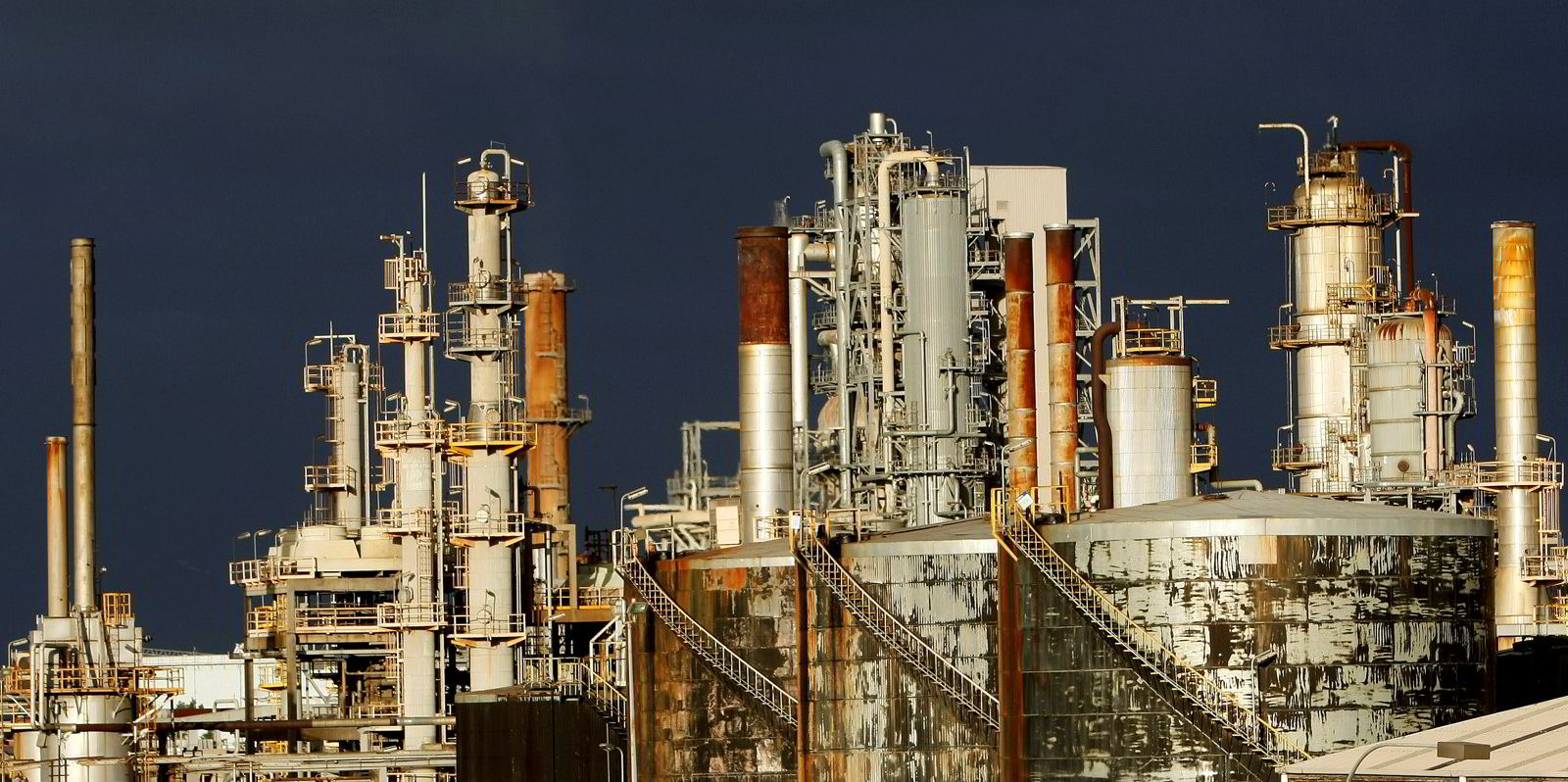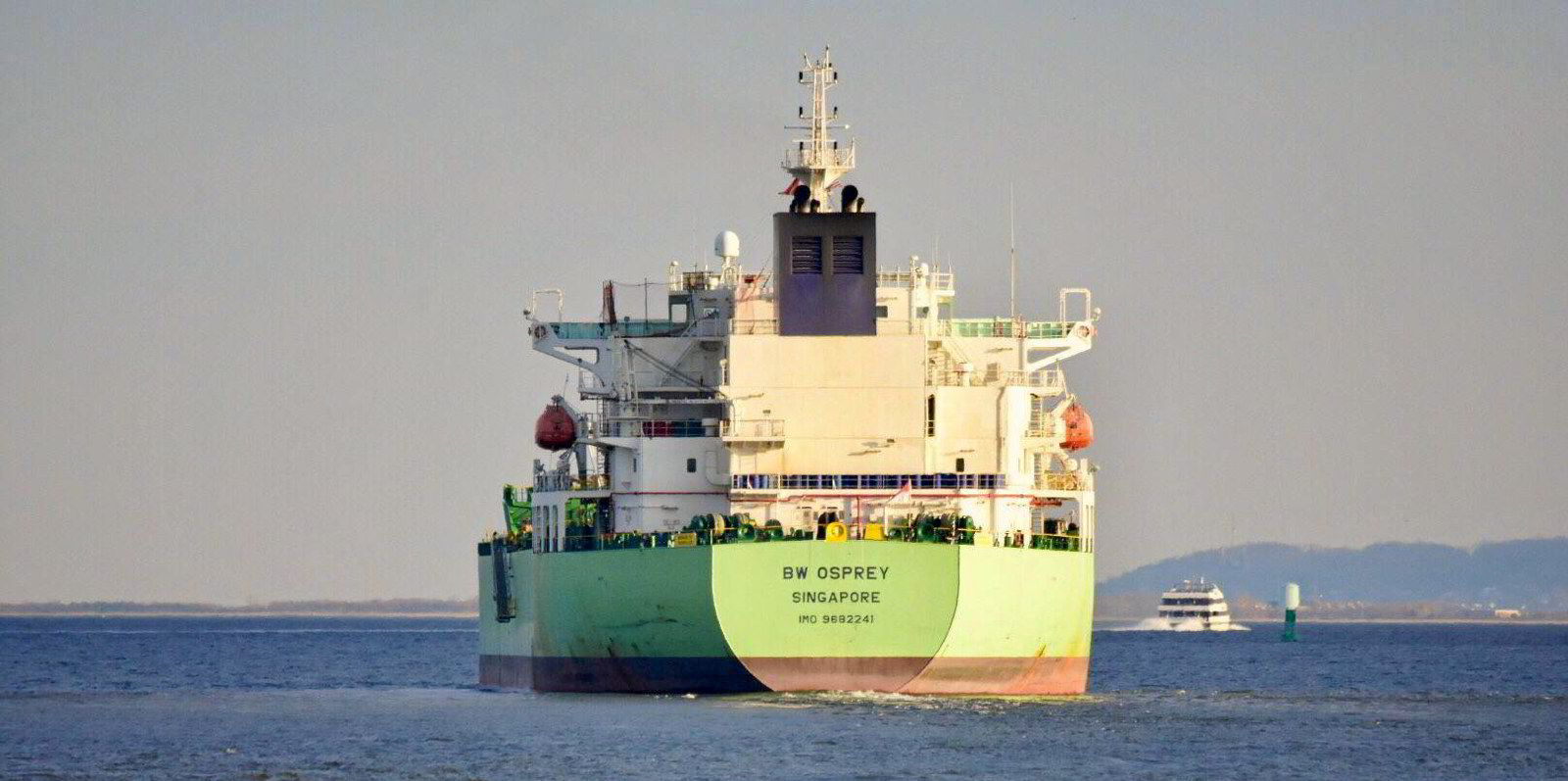Scorpio Tankers has struck a bullish tone on long-haul shipping demand following ExxonMobil’s announcement that its Altona refinery in Australia will be closed.
On Wednesday, the energy company said the 90,000-barrel-per-day (bpd) plant in Victori state will be converted to a fuel import terminal due to weak profitability.
Rival BP revealed similar plans for its 146,000-bpd Kwinana refinery last October.
New York-listed Scorpio, a major product tanker owner, said Australia would need to import an additional 236,000 bpd of refined products to replace lost production from the two closures.
Assuming the country sources those barrels from Singapore and Saudi Arabia, Monaco and New York-headquartered Scorpio predicted that another 23 MRs, or 11 LR1s and LR2s, will be required per year.
Total tonne-mile demand for product tankers is forecast to rise by 2.2% consequently, according to the owner’s presentation to Stifel.
Australian refiners have been shuttering their plants over the past decade due to their failures to compete with larger, more modern refineries elsewhere in Asia.
The pace of decline has accelerated since last year because the coronavirus pandemic has exerted additional pressure on oil demand and refining margins.
Refining closures have resulted in lower imports of crude and higher products for the Asia-Pacific country far from the main shipping lands.
Many analysts believe the shrinking refining capacity in Australia will continue benefit product tanker owners but hurt aframax and suezmax demand.
Changing landscape
Scorpio also noted six refineries in North America, four in Europe, and two in East Asia are being shut in 2020 and 2021.
“Older, inefficient refineries face a wave of closures due to weak refining margins, tightening environmental rules and overseas competition,” Scorpio said.
“After closing, the lost production in these regions is likely to be replaced through imports.”
Meanwhile, Saudi Arabia’s 400,000-bpd Jizan refinery and Kuwait’s 615,000-bpd Al-Zour plant are due to begin operations in the first half of 2021.
“The combination of refinery closures and additions is expected to increase seaborne volumes of refined products and tonne miles,” Scorpio said.
Bullish market view
The product tanker market is currently facing strong headwinds due to weak oil consumption amid lockdown measures across the globe.
But Scorpio remains optimistic over long-term market prospects, citing forecast oil demand recovery and a small orderbook.
“Increasing vaccine doses and declining Covid cases in the West are set to unleash significant pent-up demand for refined products,” the world’s largest product tanker owner said.
“Limited newbuilding orders have kept the current orderbook near all-time lows.”
The company is due to release its fourth-quarter results on 18 February.






